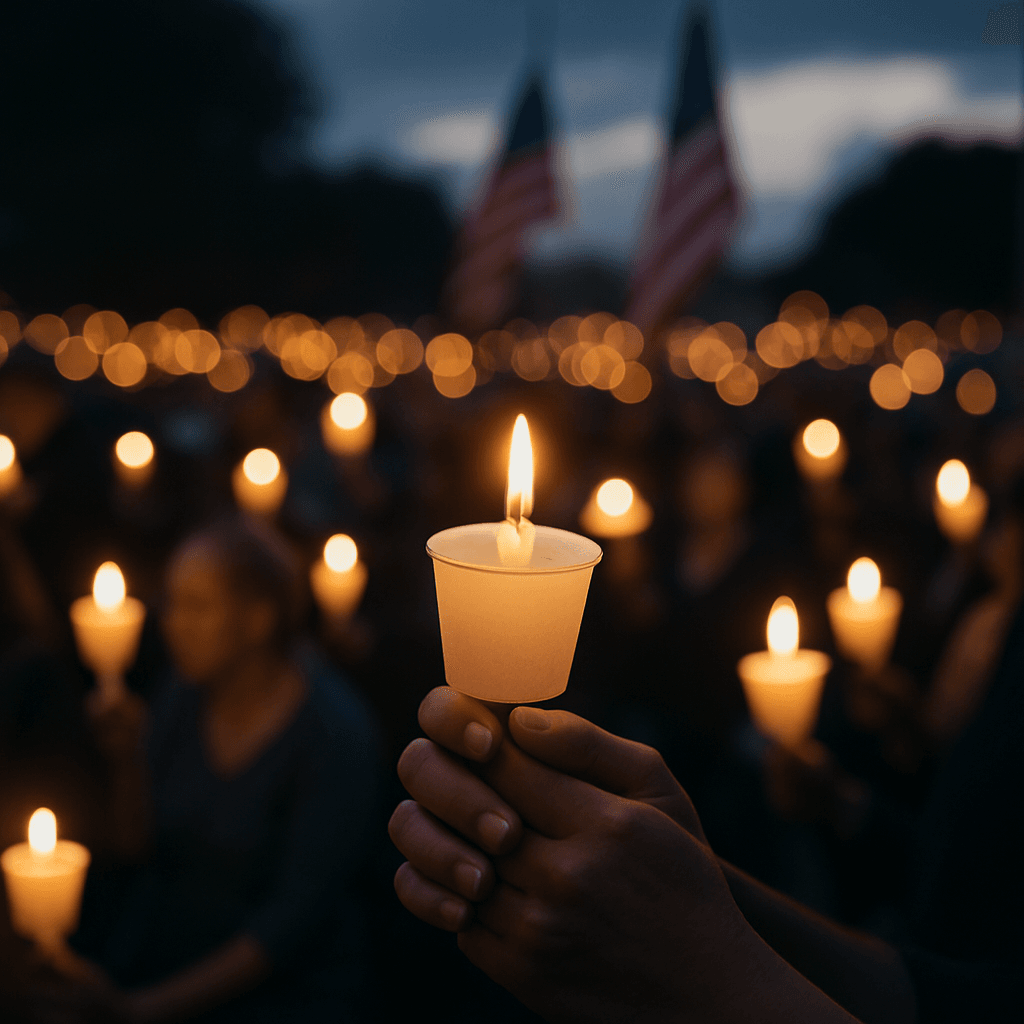How Christians Should Respond in Light of Charlie Kirk’s Assassination
A Nation in Shock
The tragic assassination of conservative activist Charlie Kirk on September 10, 2025, sent shockwaves across the United States. Beyond political affiliations, such an event raises profound questions for people of faith. How should Christians respond to political violence? What does the Bible teach us about navigating grief, anger, and division in times like these?
As the world processes this devastating moment, Christians are called to rise above the noise and embody the values of Christ—peace, truth, forgiveness, and hope.

Understanding the Weight of the Moment
Charlie Kirk’s death is not only a political event but also a cultural moment. It highlights the rising polarization and hostility in society, where ideological differences are increasingly settled through hostility instead of dialogue. For Christians, this tragedy is a reminder that we live in a fallen world, and yet we are called to be peacemakers (Matthew 5:9).

1. Responding with Prayer, Not Violence
The first response of believers must always be prayer. In moments of national grief, prayer aligns our hearts with God’s will, intercedes for the grieving families, and calms the anger within us. Instead of seeking retaliation or echoing hateful rhetoric, Christians are called to “pray for those in authority” (1 Timothy 2:1–2) and for those who mourn.

2. Guarding Our Hearts Against Division
Events like this can deepen political divides. Social media becomes a battleground where anger, accusations, and conspiracy theories run rampant. Christians must resist that pull. We are ambassadors of Christ first and citizens of a nation second.
Paul reminds us in Romans 12:18: “If it is possible, as far as it depends on you, live at peace with everyone.” This doesn’t mean ignoring injustice but choosing not to let bitterness and rage dominate our response.

3. Seeking Justice While Extending Forgiveness
Justice is a biblical principle. The courts and legal systems must carry out their role with fairness regarding Charlie Kirk’s assassination. But justice is not the same as vengeance. Christians are called to uphold justice while also extending forgiveness, even toward those who commit unthinkable crimes.
This tension—grieving while forgiving—is difficult but powerful. Jesus modeled it on the cross when He prayed, “Father, forgive them, for they know not what they do” (Luke 23:34).

4. Being Salt and Light in a Dark World
The assassination of a public figure can cause fear, uncertainty, and despair. Yet, in these moments, Christians have an opportunity to shine brighter. Our hope is not in politics, but in Christ. Our mission is not to advance earthly kingdoms, but to demonstrate the love and truth of the Gospel.
When society watches how believers respond to tragedy, they should see hope, unity, and faith—not more anger or division.

A Call to Faithful Witness
Charlie Kirk’s assassination is a sobering reminder of the fragility of life and the volatility of our times. For Christians, it is also a call: to reject hatred, to pursue peace, and to embody Christ in a world desperate for truth and healing.
We cannot control the violence around us, but we can control how we respond. By choosing prayer over anger, unity over division, and forgiveness over vengeance, we reflect the heart of Jesus to a watching world.
